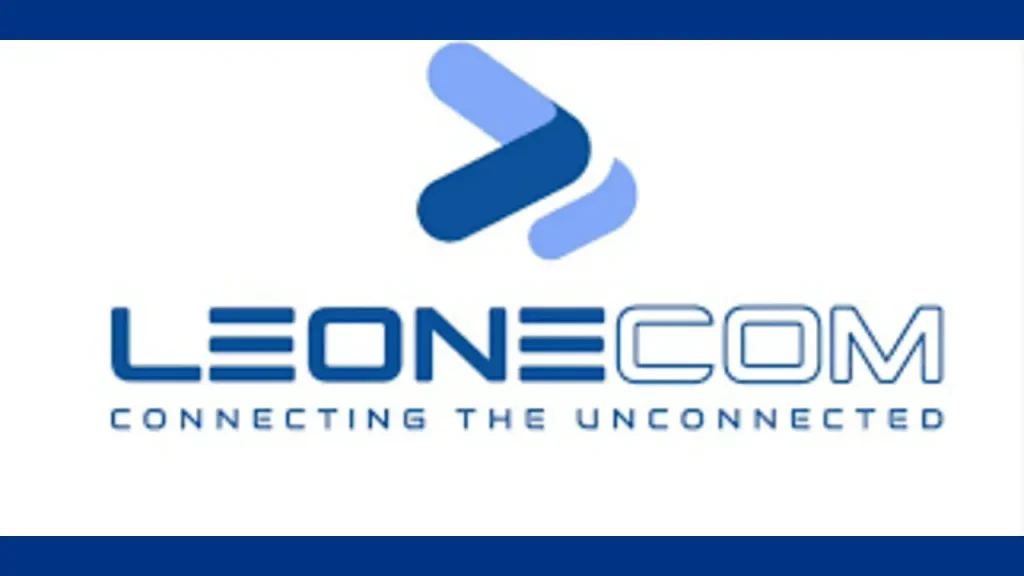- Leonecom is deploying a wholesale fibre-optic network across Sierra Leone’s 16 districts
- The company aims to transform telecom affordability while supporting private-sector ISPs and mobile operators
Leonecom aims to transform Sierra Leone’s digital future
Leonecom is spearheading Sierra Leone’s digital infrastructure overhaul with a mission to deliver inclusive, affordable, and high-quality telecom services across the country. Established as a government-owned wholesale provider, Leonecom is building a national fibre backbone that spans all 16 districts, offering last-mile connectivity to service providers without competing directly in the retail market. The company’s model is designed to foster competition, lower consumer costs, and attract investment into the country’s underdeveloped ICT sector.
According to its overview, Leonecom’s mandate extends beyond infrastructure—it is also tasked with ensuring digital inclusion and service affordability in underserved and rural communities. The company’s open-access fibre network underpins this goal by giving ISPs, mobile operators, and content providers reliable access to Sierra Leone’s growing internet user base. Leonecom says its focus on collaboration, rather than market dominance, enables private sector growth while fulfilling state obligations to bridge the digital divide.
Also read: Ripple commits $5M to APAC universities for blockchain innovation
Also read: Universiti Malaya: Leading innovation in higher education
Leonecom’s challenges reflect broader industry struggles
Despite ambitious plans, Leonecom operates in a difficult environment. Sierra Leone’s telecom sector faces several persistent hurdles, including high operating costs, limited electricity coverage, and difficulties with last-mile connectivity in remote areas. Furthermore, legacy copper infrastructure and inconsistent international bandwidth availability have long restricted internet performance and expansion, particularly in rural districts. Leonecom’s fibre initiative aims to directly tackle these issues, but deployment timelines remain a concern in such a resource-constrained setting.
In recent years, Sierra Leone has seen gradual progress thanks to public-private partnerships and international support. Innovations in network deployment and infrastructure sharing—such as tower co-location and solar-powered equipment—have begun to mitigate the high costs of service provision. Leonecom’s wholesale strategy is expected to further unlock efficiencies by reducing the need for redundant infrastructure investment among competing providers. As the country accelerates towards digital transformation, the success of Leonecom’s nationwide network could determine whether Sierra Leone achieves its long-term connectivity and development goals.

